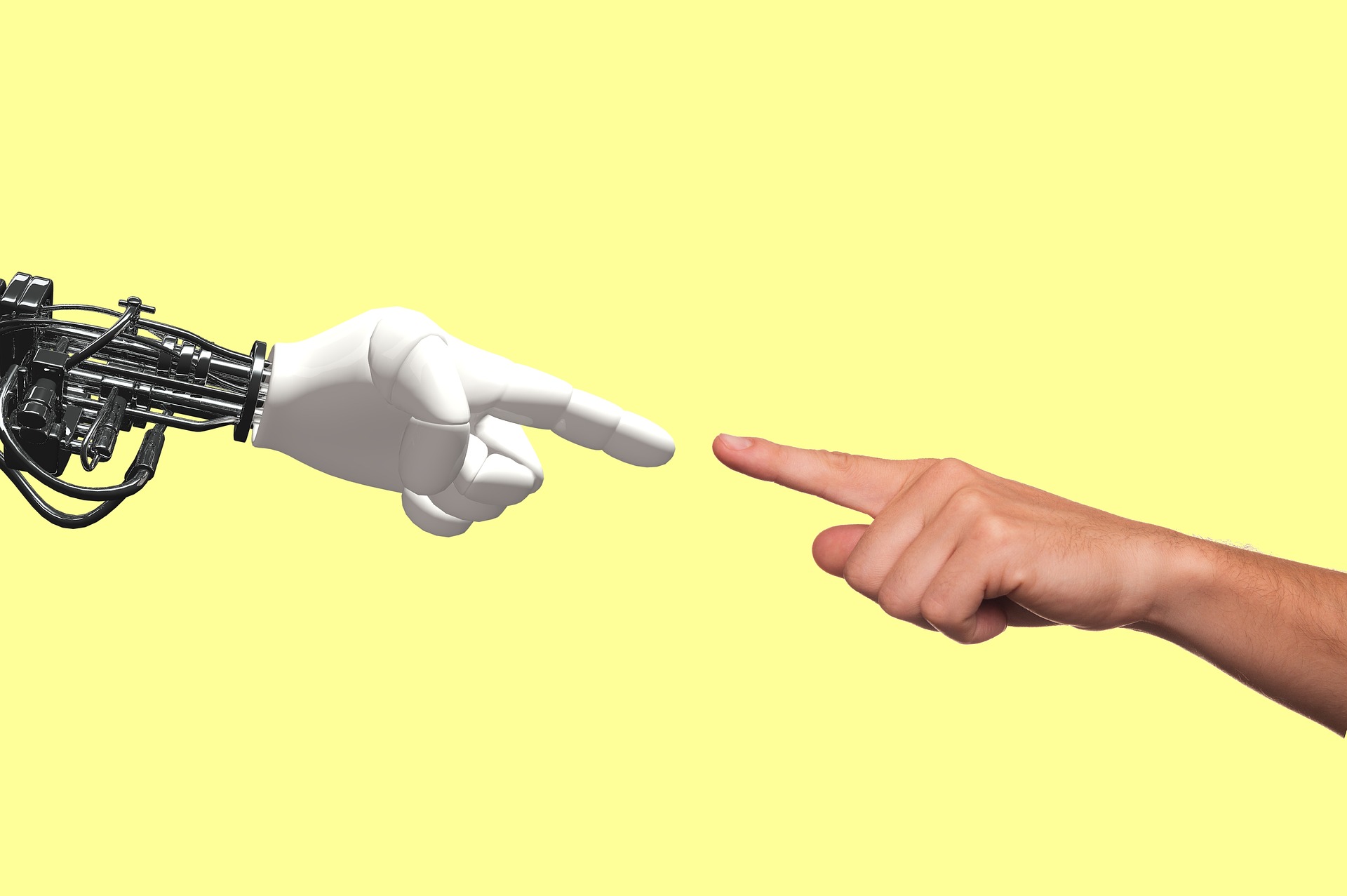
Machine vs human translation
Do I really need a human to do my translation?
Google Translate & Deepl are just two of the free machine translation tools on offer today that can churn out paragraphs of translation in the time it takes you to read this. And there’s no denying it: the translations aren’t bad.
So why go with a human translator?
Machine translations are good.
- generally faster than human translation
- pretty good at literal translation
- translation memory can ensure consistent translations
- Machine translations are considered a “cost saver” (more on that here)
Some draw-backs of machine translations:
- often dry and impersonal
- sometimes sound grammatically awkward and disjointed
- often fail to convey correct meaning; can be difficult to understand
- often can’t translate colloquial speech, humour, elaborate, literary or idiomatic use of language
- overlook subtle innuendos and subtext
- often miss references to pop-culture, history and books
- sometimes accidentally offend market audiences
- are not accurate enough for some settings and can even be dangerous (e.g. financial advice, medical, legal or technical translations)
- are often not ready for publishing and must be checked by a human editor
- can pose privacy and security risks (sensitive information should not be entered into translation machines)
- can’t play with words and syntax; rarely good for creative writing
- has no personality (emotional pitch)

 Deutsch
Deutsch